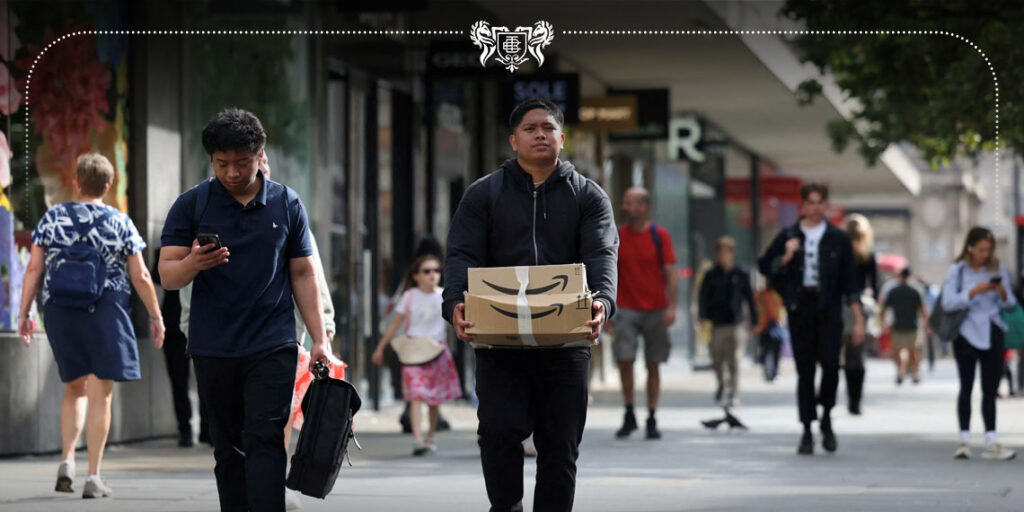Retail prices in the UK saw their fastest decline in over three years this October, according to the British Retail Consortium (BRC).
However, this week’s budget, to be announced by Finance Minister Rachel Reeves, may herald a renewed inflationary push.
According to the BRC’s latest report, annual shop price deflation reached 0.8% in the 12 months to October, marking the largest drop since August 2021 and a more substantial fall than the 0.6% recorded in September.
This month’s data also represents the eighth slowdown in price growth across nine months, signalling a trend of continued price stability.
Food prices saw a modest rise of 1.9%, while non-food items maintained a deflationary rate of 2.1%.
Clothing prices, however, edged upwards for the first time since January as retailers scaled back aggressive discounting measures.
“Households will welcome the continued easing of price inflation,” said Helen Dickinson, Chief Executive of the BRC.
However, she added a note of caution, pointing to potential risks. “This downward trajectory is vulnerable to ongoing geopolitical tensions, climate change impacts on food supply, and the costs of impending government regulation.”
Rachel Reeves’s anticipated budget announcement on Wednesday could bring further shifts, with a proposed rise in social security contributions that employers must cover, a move sparking concern among businesses.
The retail sector is particularly apprehensive, facing both potential tax increases and reforms that may introduce greater protections for workers.
“Retail is already paying more than its fair share of taxes compared to other industries,” Dickinson remarked, urging the Chancellor to consider reductions in business rates paid by retailers.
This follows official data showing consumer price inflation dropped to 1.9% in September, a significant decline from the 41-year peak of 11.1% reached in October 2022.
As the Bank of England prepares to announce its next monetary policy decision in November, economists widely anticipate a rare interest rate cut, potentially marking only the second reduction in four years.
Retailers and consumers alike will be watching closely to see how the new budget impacts the fragile inflation landscape in the months ahead.


